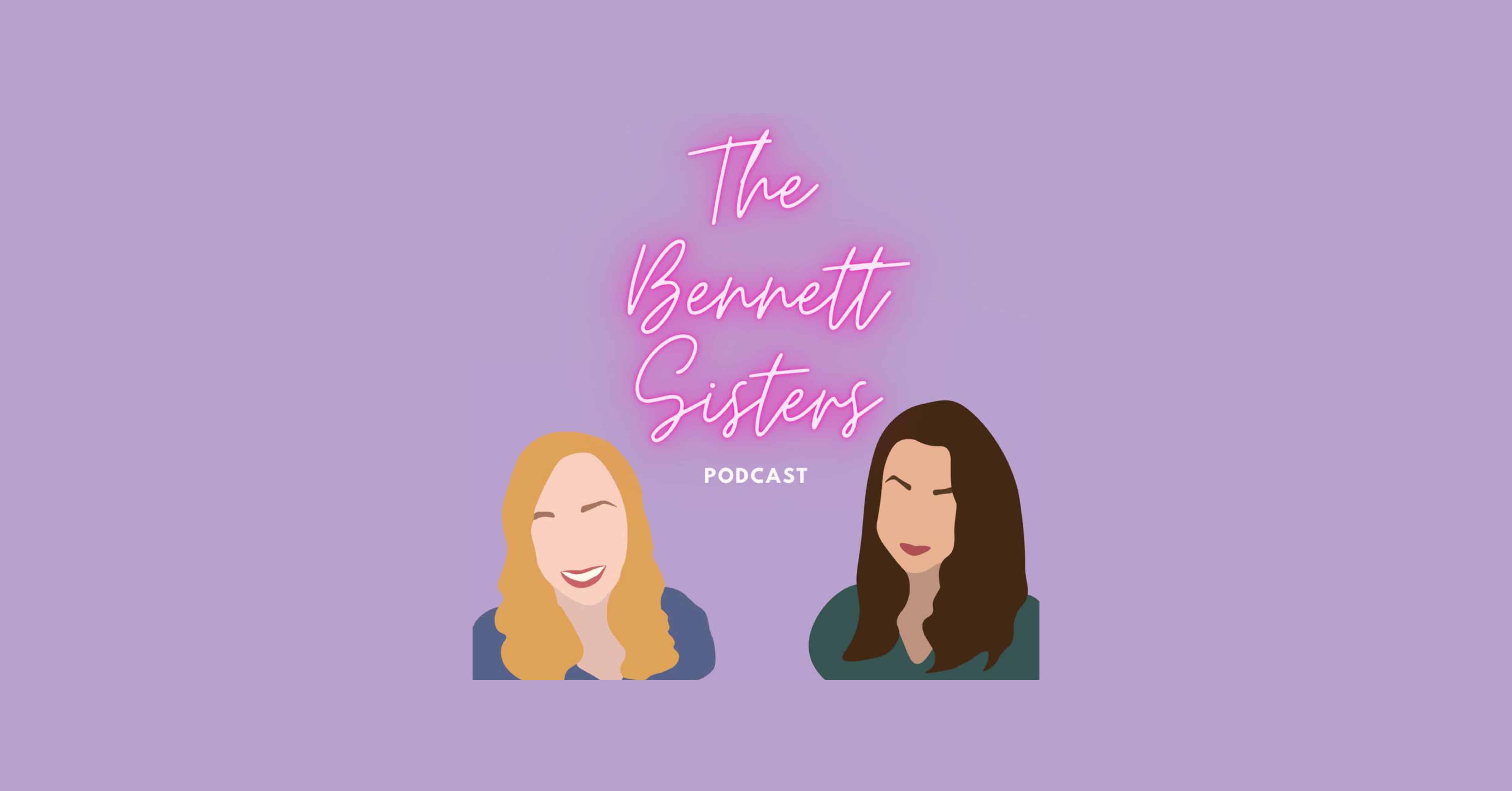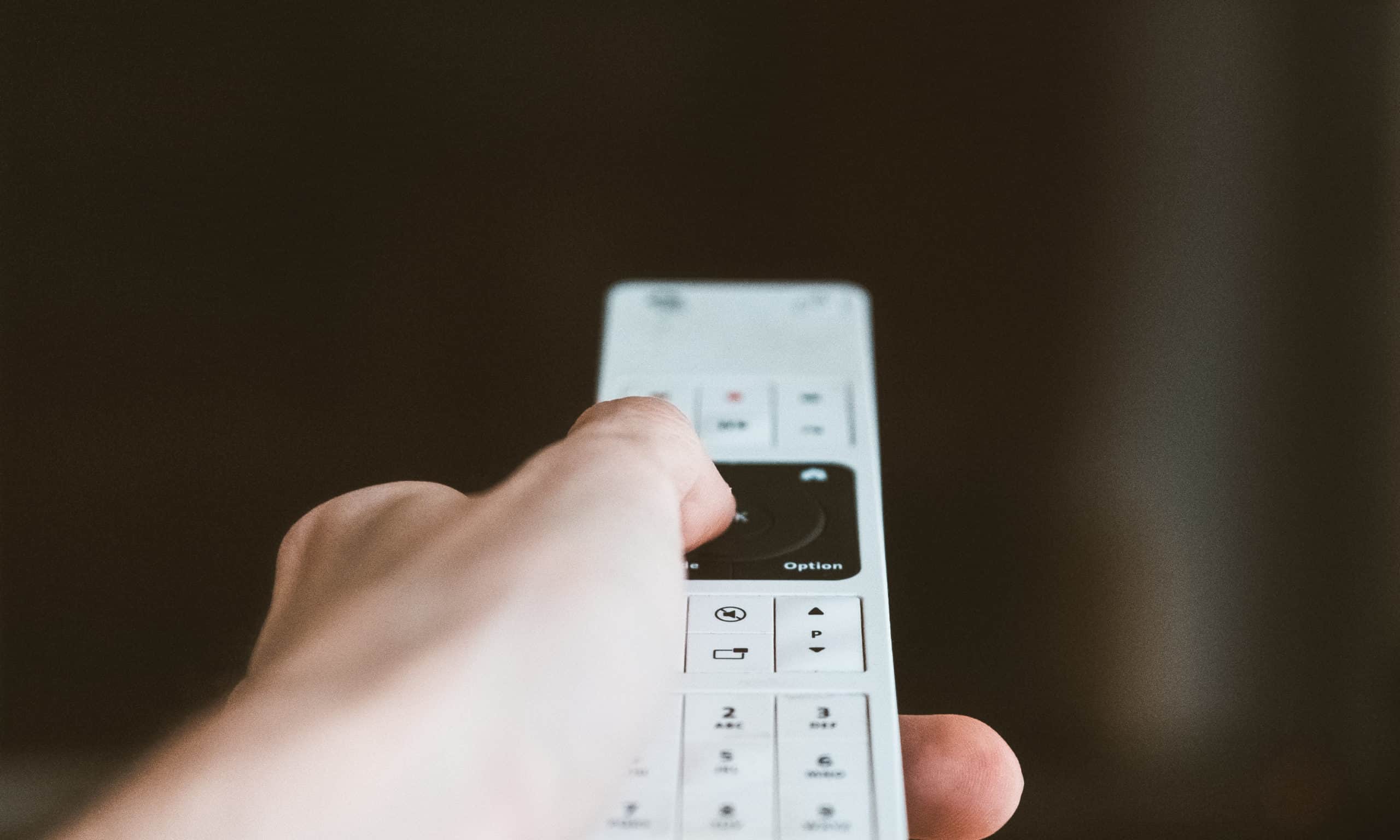We all face several issues in the workplace at one point or another, but sometimes it feels like millennials get the shortest end of the stick. Lazy. Know-it-all. Entitled. Inexperienced. Job-hopper. These are some of the stereotypes that you may hear uttered about millennials in the workplace. We cannot say for sure why these are the stereotypes assigned to our generation, but we have certainly grown resilient and can roll with the punches. Some may call out those that use their stereotypes and receive, “well, you’re different than other millennials,” but is that really the case?
No two millennials have the same experience, so I reached out to others in my generation to gain their perspective of this ongoing issue. I had many respond with similar, unsurprising answers including a lack of respect from colleagues and being the person that everyone seeks for technology challenges. The lack of respect can stem from many reasons. The most common reason that I have seen is because of our “young age.” Yes, we are young, but I think that the fact that much of our generation is heading into their forties often gets forgotten. Because of this issue, we find ourselves fighting to prove our worth even though we already hold the job. The lack of respect can also come from this idea that millennials are lazy and entitled. However, in reality, many millennials work one or more jobs just to make ends meet due to lower wages, or worked while in school just to pay for school due to higher tuition than the generations before us, two subjects I have covered in previous articles.
When job searching, many millennials come across as inexperienced and unfit on job applications because they recently joined the workforce or they have changed jobs many times. Although, the bulk of our generation has most likely been in the workforce for at least a decade. Some may even argue that recently graduating from college should be sufficient experience to gain entry considering they have the most up-to-date education in terms of technology, techniques, and possibly laws or regulations. This is where we start to get into the know-it-all and job-hopper stereotypes though. As a young girl, I was taught to believe in myself and work hard for what I deserved. If someone feels that they are being treated unfairly because of their young age, despite their true work ethic, why should they continue working for that company? This is where many millennials see stagnation in current work situations and feel that they are being forced to change jobs to improve their standing. The era of companies being loyal to workers and offering pensions, benefits, and achieving middle class status has largely disappeared. It can be a difficult choice to stay with a company when you barely earn enough money to live. This of course, does not apply to all companies. Occasionally millennials will find themselves working with an employer that pays decently, respects their employees, and provides a good working environment, in other words, they put their employees first. This is type of position is practically a “needle in a haystack” in today’s society. Most hard-working millennials will move around because they know that companies would let them go if needed and it is our own responsibility to do what is best for ourselves, especially in today’s turbulent economy.
Millennials feel that the stigma placed upon us, just because of the years in which we were born, should not hold us back from the same opportunities the generations before us experienced. Stereotypes are rarely true for an entire group of people and should certainly not be something that affects someone’s livelihood. Give your millennial employees and job candidates a chance to show you that they can work just as hard as anyone and can bring real value to your teams. You will be glad you did.

















